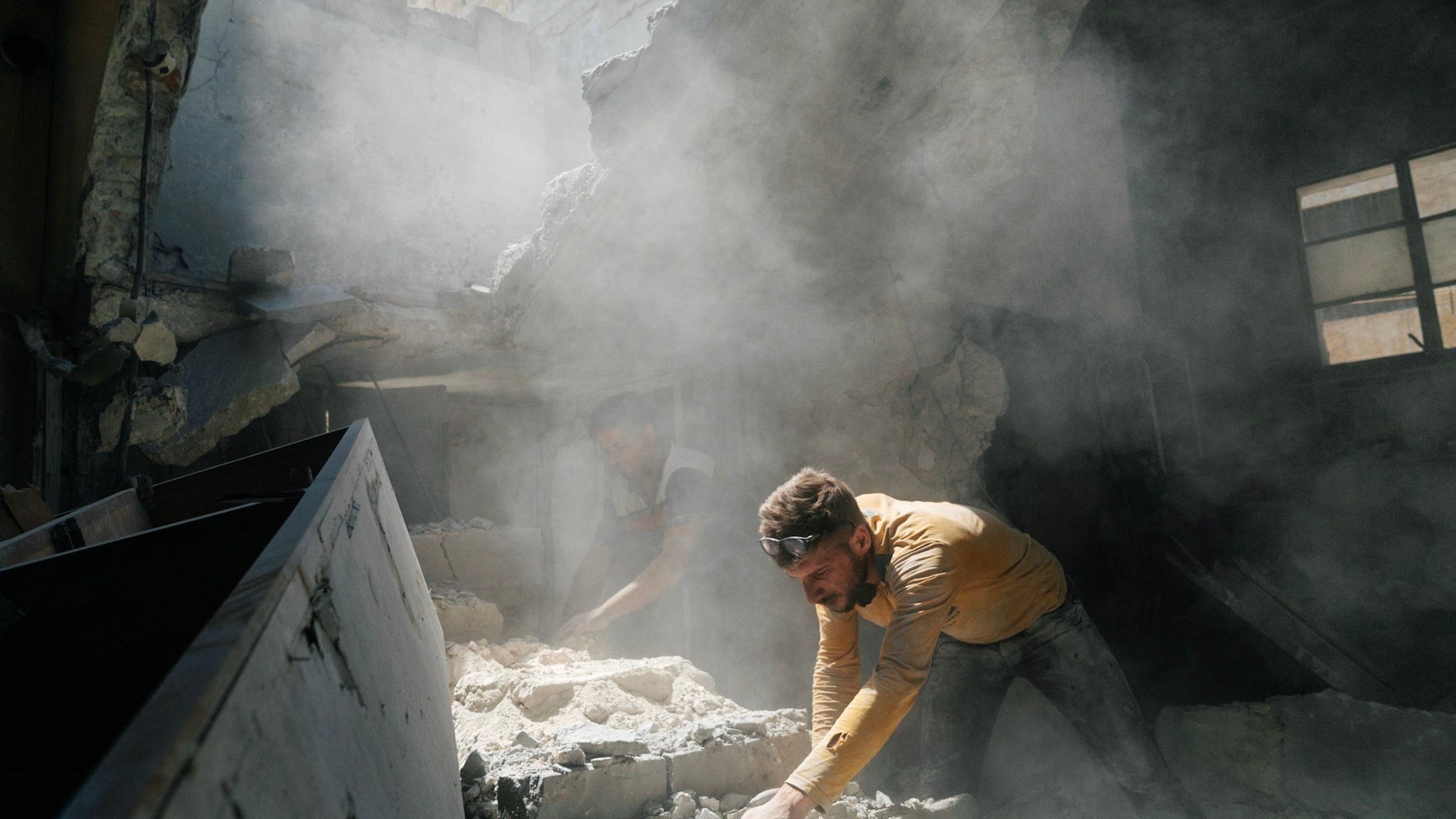Want the best of VICE News straight to your inbox? Sign up here.Authorities in northeastern Syria reported their first case of coronavirus Friday, confirming the worst fears of humanitarian groups which have been preparing for an outbreak in the war-ravaged region.The Kurdish-led administration that governs much of Syria’s northeast said the patient, a 53-year-old man, had died in hospital in Qamishli, on the Turkish border, on April 2. A sample from the patient that had been taken for confirmation in Damascus later tested positive.Coronavirus has previously been reported in Syria, but those 19 cases, including two fatalities, have all been found in government-held areas further south. This is the first case confirmed in the largely Kurdish-held northeast, a highly vulnerable region where 700,000 people are completely reliant on humanitarian aid, and more than 160,000 displaced people live in camps or collective shelters.READ: Syria confirms its first coronavirus case: “It’s our worst nightmare”Aleksandar Milutinovic, Syria country director for the aid group CARE, told VICE News that the news was “extremely worrying.”“It’s impossible to know how far the virus has already spread,” he said. “With the existing vulnerabilities in northeast Syria, coupled with a lack of healthcare and medical infrastructure, a COVID-19 outbreak would be beyond the capacity of the local authorities and relief actors.”READ: No soap, little water, and no way out: Refugee camps brace for coronavirusHealthcare infrastructure serving the region’s 3 million people has been shattered by war: Fewer than one in 10 of its 279 public health centers is fully functioning. About 160,000 people— including 70,000 driven from their homes by last year’s Turkish offensive in the region — are displaced and live in densely populated camps, collective shelters, and informal settlements that are likely to prove hotbeds of contagion if the virus reaches them.With virtually no coronavirus testing capability in the region, humanitarian workers had been operating under the assumption that the virus may already be circulating in the community.Critical resources to help prevent and respond to a wider outbreak — clean water, medical supplies and PPE — are also already in short supply. Water from a pumping station that supplies about 460,000 people in the region, including several refugee camps, routinely cuts out, according to Fran Equiza, UNICEF’s representative in Syria.READ: Coronavirus is a ticking time bomb on the doorstep of the world’s biggest refugee campAid groups’ efforts to prepare for an outbreak have been hampered by COVID-19 restrictions coming into force in the wider region. The main route for humanitarian supplies into northeast Syria is the border with Kurdish-run northern Iraq, but since 18 March, that has mostly been closed — and opens only once a week due to the threat of coronavirus.The partial closure, according to Milutinovic, has slowed the flow of essential medicine, food and hygiene equipment into the region, and hampered efforts to brace a vulnerable population for what could become a catastrophic outbreak. Following the confirmed case, he said there’s now an urgent need to ramp up life-saving efforts in the region.The wealthiest and most developed nations on the planet are struggling to combat coronavirus; in northeast Syria, already ravaged by nearly a decade of war, the challenge will be far greater. Cover: FILE - In this March 24, 2020, file photo, medical workers oversee the disinfection of streets in order to halt the spread of the new coronavirus in Qamishli, Syria. (AP Photo/Baderkhan Ahmad, File)
Cover: FILE - In this March 24, 2020, file photo, medical workers oversee the disinfection of streets in order to halt the spread of the new coronavirus in Qamishli, Syria. (AP Photo/Baderkhan Ahmad, File)
Advertisement
Advertisement
